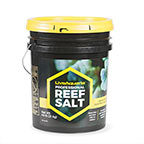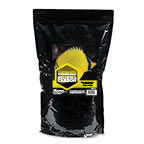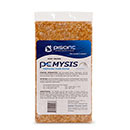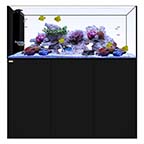Newton's Wrasse
(Thalassoma newtoni)
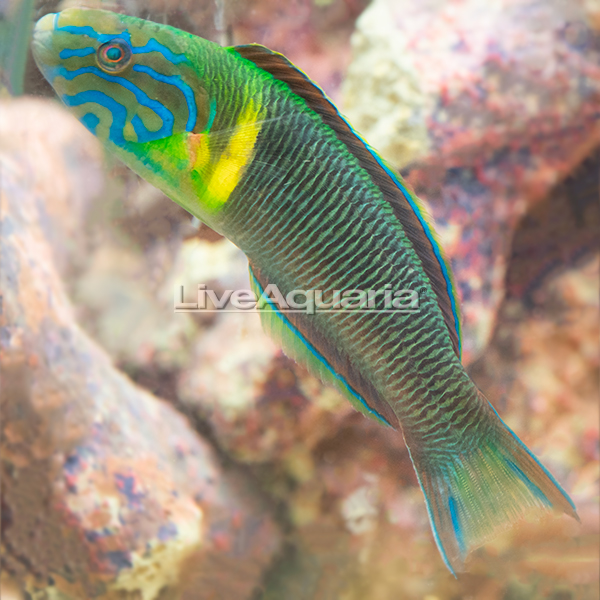
Please Note: Due to variations within species, your item may not look identical to the image provided. Approximate size range may also vary between individual specimen.
Please Note: Due to variations within species, your item may not look identical to the image provided. Approximate size range may also vary between individual specimen.
Quick Stats
Care Level
Easy
Temperament
Semi-aggressive
Color Form
Black, Blue, White, Yellow
Diet
Carnivore
Reef Compatible
With Caution
Water Conditions
sg 1.020-1.025, 72-78° F, dKH 8-12, pH 8.1-8.4
Max. Size
10"
Family
Labridae
Minimum Tank Size
125 gallons
Compatibility
View Chart
What do these Quick Stats mean? Click here for more information
Care Level
Easy
Temperament
Semi-aggressive
Color Form
Black, Blue, White, Yellow
Diet
Carnivore
Reef Compatible
With Caution
Water Conditions
sg 1.020-1.025, 72-78° F, dKH 8-12, pH 8.1-8.4
Max. Size
10"
Family
Labridae
Minimum Tank Size
125 gallons
Compatibility
View Chart
What do these Quick Stats mean? Click here for more information
Overview
p>The Newton’s Wrasse Thalassoma newtoni is very desired among marine aquarists, especially the dynamically colored males. These males sport slender green bodies with blue vertical striations along its body and scribbles on its head that resemble rivulets of blue water. Bright yellow bands of color are present near their gills. Juveniles are light colored (mostly white, yellow, or brown) and have a strong black lateral stripe. Adult females have bodies that are darker than its juvenile color and may even present in black and white coloration. Thalassoma newtoni are aggressive in temperament and may take this aggression out on any fish introduced to the aquarium after they have established their own territory.
Their aquarium should contain a lot of area for swimming, have a sandy substrate, and live rock that will supply them with places to hide and on which they will graze on microscopic foods between feedings. They won’t bother most corals but should not be housed with crustaceans. A tight fitting lid on the aquarium is necessary.
This member of the Labridae family will accept a variety of crustacean and other meaty foods formulated for marine fish.
Approximate shipping size: Small: 1" to 3"; Medium: 3” to 5”; Large: 5" to 8"




